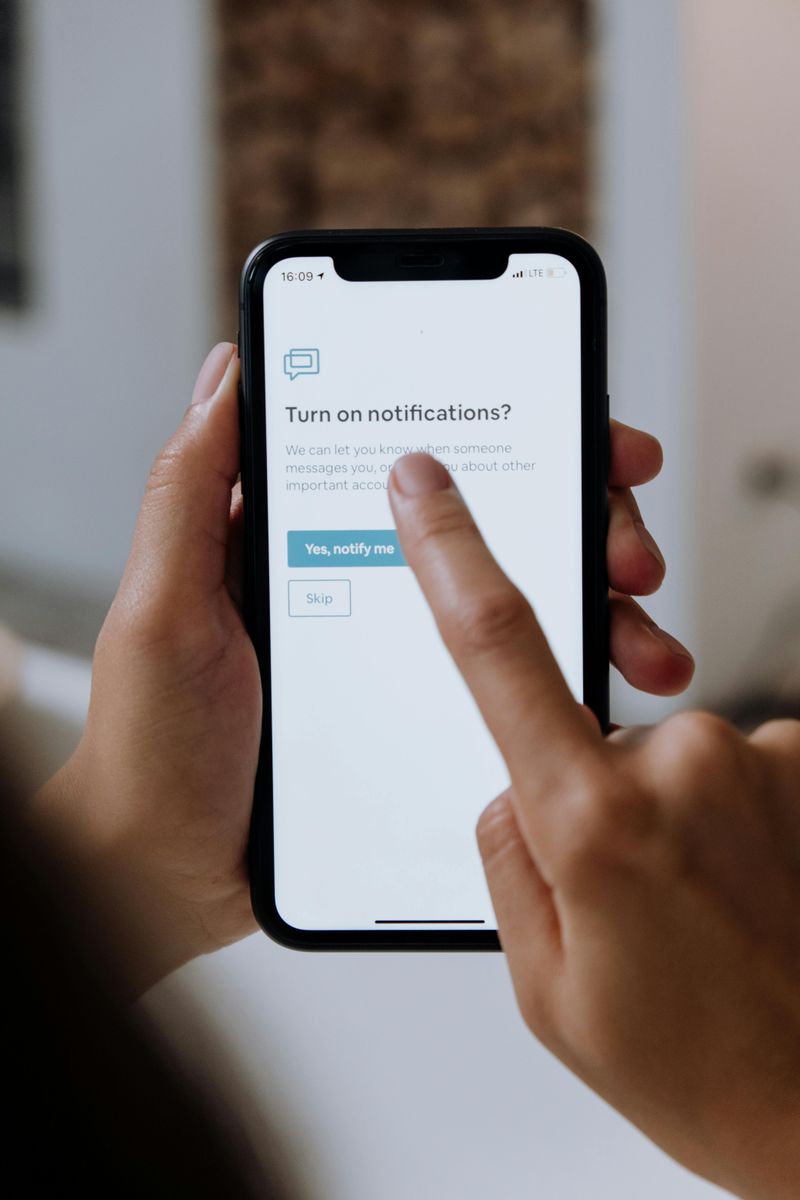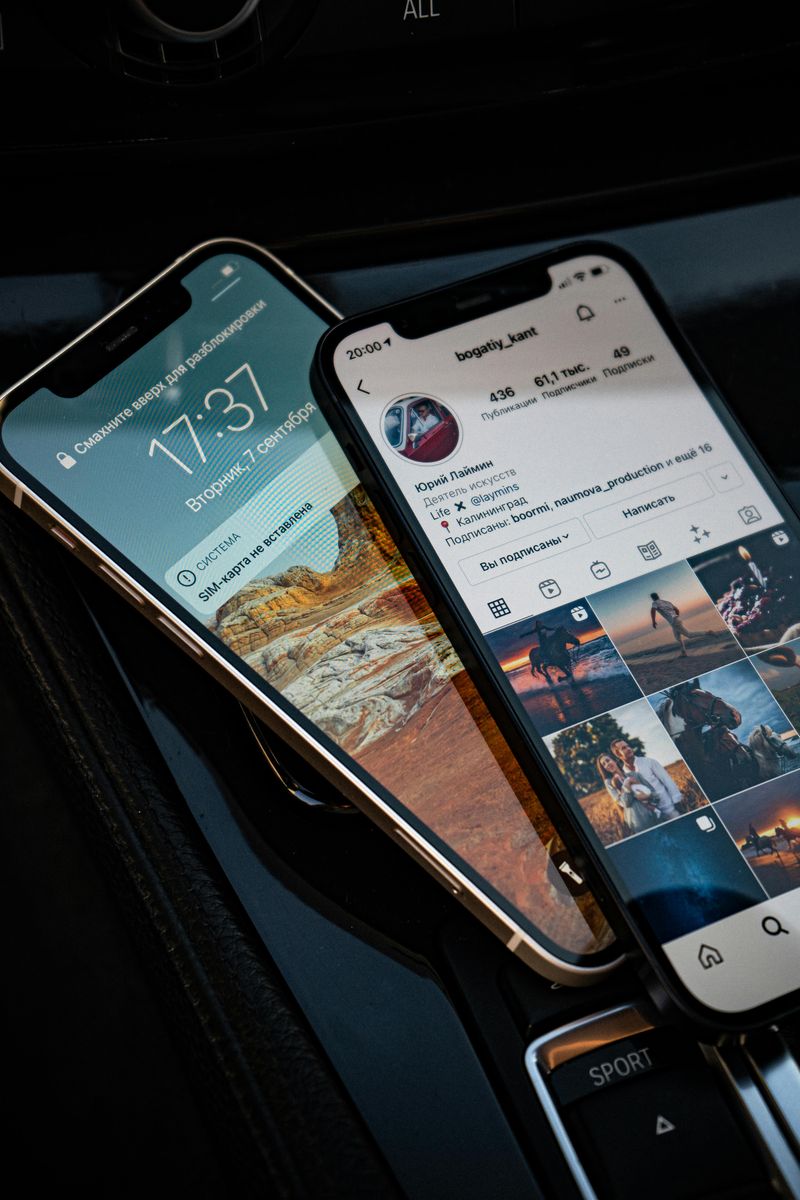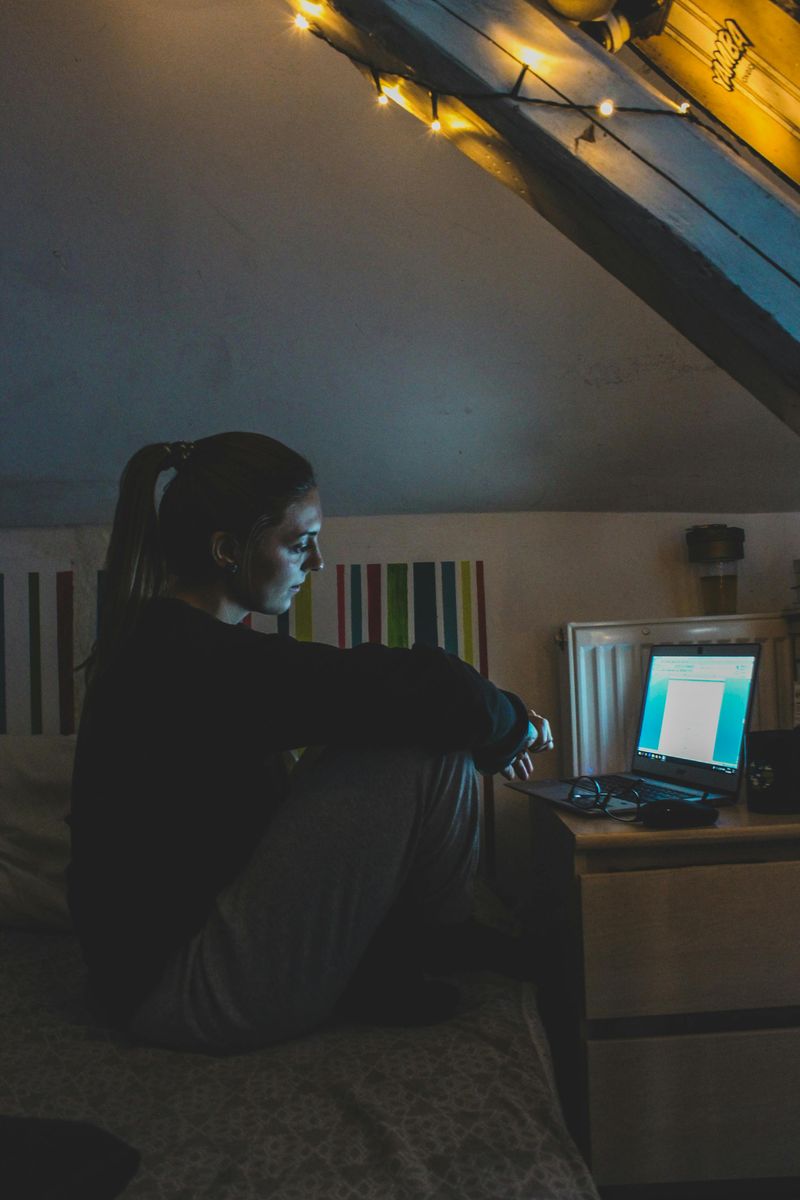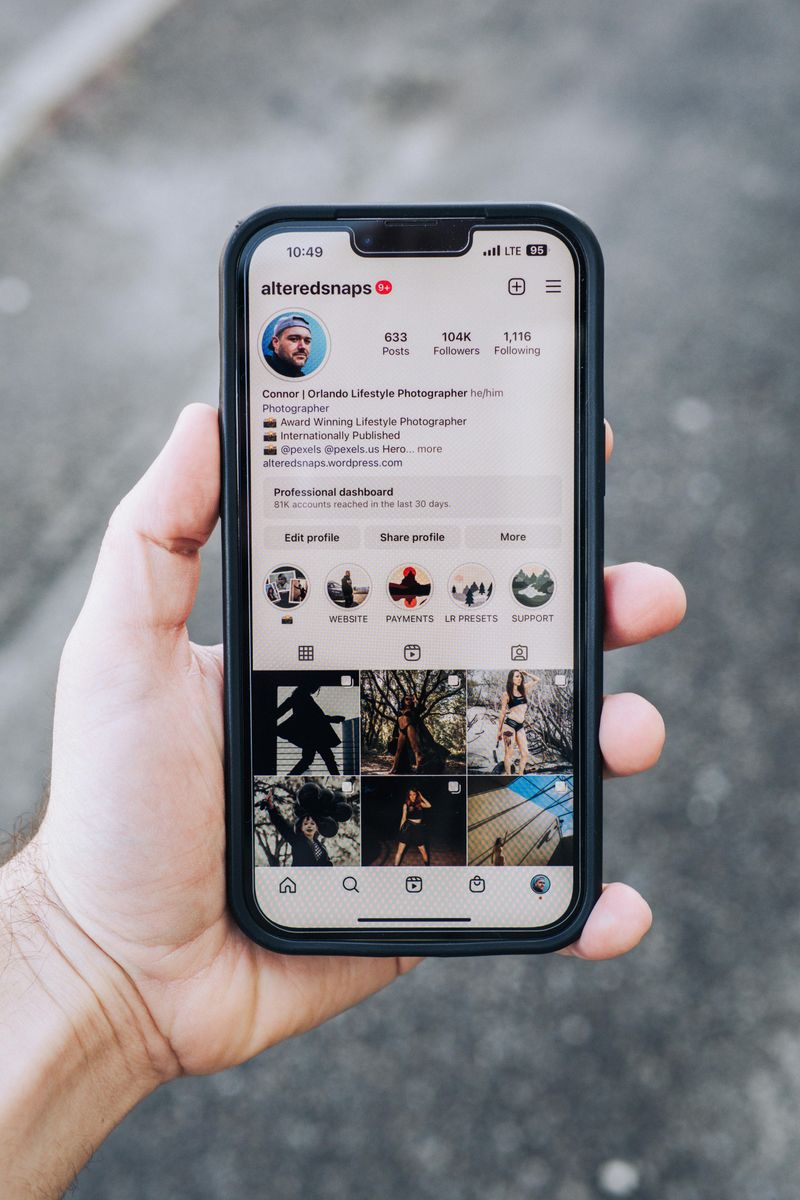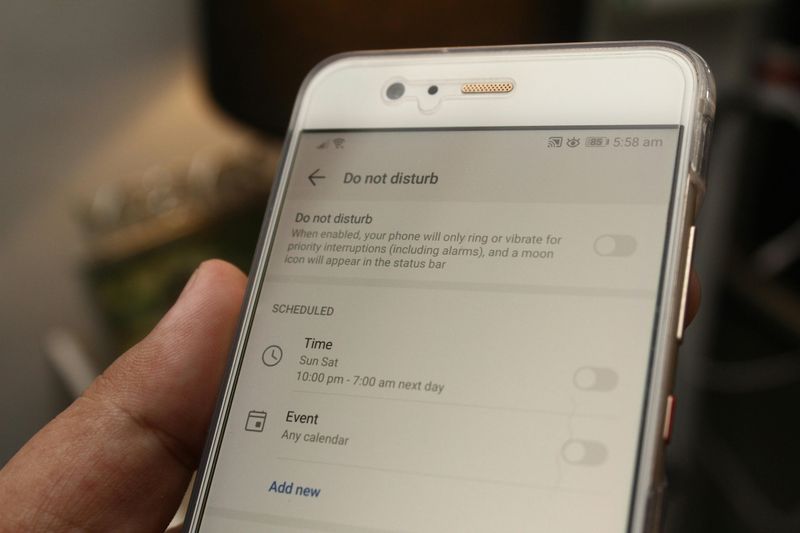Our phones and computers connect us to the world, but they can also drain our energy and stress us out. Setting small digital boundaries helps you take control of your screen time instead of letting it control you. These simple changes can reduce anxiety, improve sleep, and give you more peace throughout your day.
1. Turn Off Non-Essential Notifications
Constant pings and buzzes can make your brain feel like it’s always on alert. Every notification pulls your attention away from what you’re doing, making it harder to focus and relax. Most apps send alerts that aren’t truly urgent, like likes on social media or promotional messages from stores.
Silencing these interruptions lets you check apps on your own schedule rather than being controlled by them. You’ll feel calmer knowing you won’t be startled by random alerts throughout the day.
Go into your phone settings and turn off notifications for everything except important apps like messages from family or work-related tools. Your mind will thank you for the quiet space.
2. Set Screen-Free Zones
Your bedroom should be a place for rest, not scrolling through endless feeds. Bringing phones to bed often leads to staying up too late and getting poor sleep, which affects your mood and energy the next day. Dining areas deserve phone-free status too, so you can actually connect with the people around you.
Creating physical spaces where screens aren’t allowed helps your brain separate relaxation time from digital time. You’ll notice better conversations and deeper rest when devices stay out of certain rooms.
Try placing a charging station in your hallway or kitchen instead of your bedroom. This simple boundary can transform how you start and end each day.
3. Schedule Tech-Free Hours
Picking a specific time each day to completely unplug gives your mind a chance to recharge. Maybe it’s the hour before bed, during dinner, or first thing in the morning. Whatever window you choose, treating it as sacred time away from screens can reduce stress significantly.
During these tech-free hours, you might rediscover hobbies you’ve neglected or simply enjoy being present without distractions. Your brain processes information and emotions better when it gets regular breaks from digital input.
Start with just 30 minutes if a full hour feels too challenging. You can gradually extend the time as disconnecting becomes more comfortable and rewarding for you.
4. Limit Social Media Time
Scrolling can eat up hours before you even realize it, leaving you feeling drained rather than entertained. Social media platforms are designed to keep you engaged as long as possible, using algorithms that make it hard to stop. Setting clear time limits helps you enjoy these apps without letting them take over your day.
Most phones now have built-in tools that let you set daily limits for specific apps. When your time runs out, the app reminds you to take a break.
Aim for 30 minutes to an hour total per day across all social platforms. You’ll be surprised how much extra time you gain for activities that actually make you feel good.
5. Avoid Checking Emails After Work Hours
Work emails have a sneaky way of following you home and invading your personal time. Constantly checking your inbox after hours keeps your brain in work mode, making it impossible to truly relax. This blurred boundary between professional and personal life can lead to burnout and resentment.
Setting a firm cutoff time for work communication protects your evenings and weekends. Unless there’s a genuine emergency, most emails can wait until the next business day.
Consider removing work email from your phone entirely or turning off those notifications after 6 PM. Your coworkers will adjust, and you’ll feel more balanced and recharged when you return to work.
6. Unfollow or Mute Draining Accounts
Not all online content deserves space in your daily feed. Accounts that make you feel bad about yourself, anxious about the world, or just plain annoyed are stealing your mental energy. You have complete control over what you see, and exercising that control is an act of self-care.
Unfollowing doesn’t mean you’re being mean; it means you’re protecting your peace. Muting is a gentler option if unfollowing feels too harsh for certain accounts.
Spend ten minutes this week cleaning up your feeds across all platforms. Follow accounts that inspire, educate, or genuinely make you smile instead. Your online environment should lift you up, not drag you down.
7. Use Do Not Disturb During Focus Time
Interruptions shatter concentration and make tasks take much longer than they should. Whether you’re studying, working on a project, or just trying to finish something important, constant notifications destroy your flow. Activating Do Not Disturb mode creates a protective bubble around your focus time.
This feature silences all calls, texts, and app alerts until you’re ready to check them. You can usually set exceptions for emergency contacts, so you won’t miss truly urgent messages.
Try using this mode for 25-minute work sessions followed by short breaks. You’ll accomplish more in less time and feel less frazzled by the end of your day.
8. Turn Off Read Receipts and Active Status
Those little indicators that show when you’ve read a message or when you’re online can create unnecessary pressure. People expect instant responses when they see you’re active, even if you’re not in the mood to chat. Read receipts can make you feel guilty for reading something but not replying immediately.
Disabling these features removes the expectation of constant availability. You can respond to messages when it works for you, not when someone else decides you should.
Most messaging apps let you turn off these indicators in privacy settings. This small change can significantly reduce the stress of feeling watched or obligated to respond right away.
9. Batch Notifications
Checking every notification as it arrives keeps you in a constant state of reaction rather than intention. Batching means you review all your messages and alerts at specific times instead of throughout the day. This approach gives you control over when you engage with digital communication.
You might check notifications three times daily: morning, lunch, and evening. Between these windows, your phone stays silent, letting you focus on real life.
Some phones have scheduling features that deliver notifications only during certain hours. This method reduces anxiety because you’re not constantly wondering what you might be missing. Everything will still be there when you’re ready to look.
10. Replace Morning Scrolling with Mindful Habits
How you start your morning sets the tone for your entire day. Reaching for your phone the second you wake up fills your mind with other people’s content before you’ve even had your own thoughts. News, messages, and social media can trigger stress before you’ve gotten out of bed.
Replacing this habit with something mindful—like stretching, journaling, or simply enjoying your coffee—gives you a calmer start. Your brain deserves a gentle wake-up rather than an immediate information overload.
Keep your phone across the room overnight so you have to physically get up to reach it. Use those first waking minutes for yourself instead of giving them away to screens.

